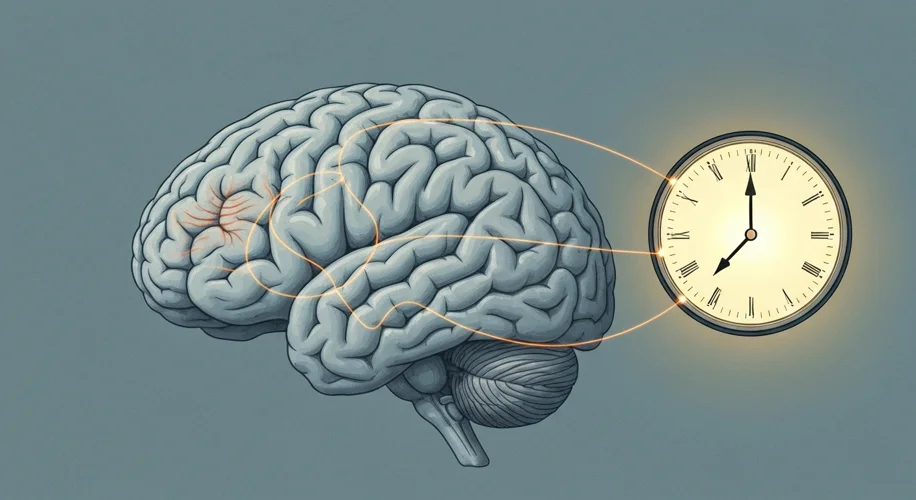It’s 9/12/2025, and if you’re like many of us, you might be struggling to get a good night’s sleep. We all know that feeling – tossing and turning, staring at the ceiling, wishing for that deep, restorative sleep. But what if chronic sleeplessness is doing more than just making us grumpy?
New research is shedding light on a concerning link between persistent sleep disturbances, like insomnia, and the accelerated aging of our brains. It sounds dramatic, but the science is compelling.
Did you know that during sleep, our brains are hard at work? They’re clearing out waste products that build up during the day, consolidating memories, and repairing cells. When we don’t get enough quality sleep, this vital maintenance process is disrupted.
Imagine your brain like a busy city. During the day, activity is high, and waste accumulates in the streets. Sleep is like the night shift crew that cleans everything up. If that crew is always short-handed due to chronic sleeplessness, the city starts to look a little run-down. Over time, this can lead to structural changes that mimic the effects of aging.
Studies have shown that individuals who experience chronic sleep deprivation may exhibit signs of earlier brain aging. This can manifest as reduced cognitive function, including issues with memory, attention, and decision-making. While we all experience a natural decline in some cognitive abilities as we age, chronic sleep loss appears to be an accelerant.
What’s particularly interesting is how this research is deepening our understanding of neurodegenerative diseases. While sleep issues don’t directly cause diseases like Alzheimer’s, they might create an environment within the brain that makes it more vulnerable to such conditions later in life.
So, what can we do? It’s not always easy to just

